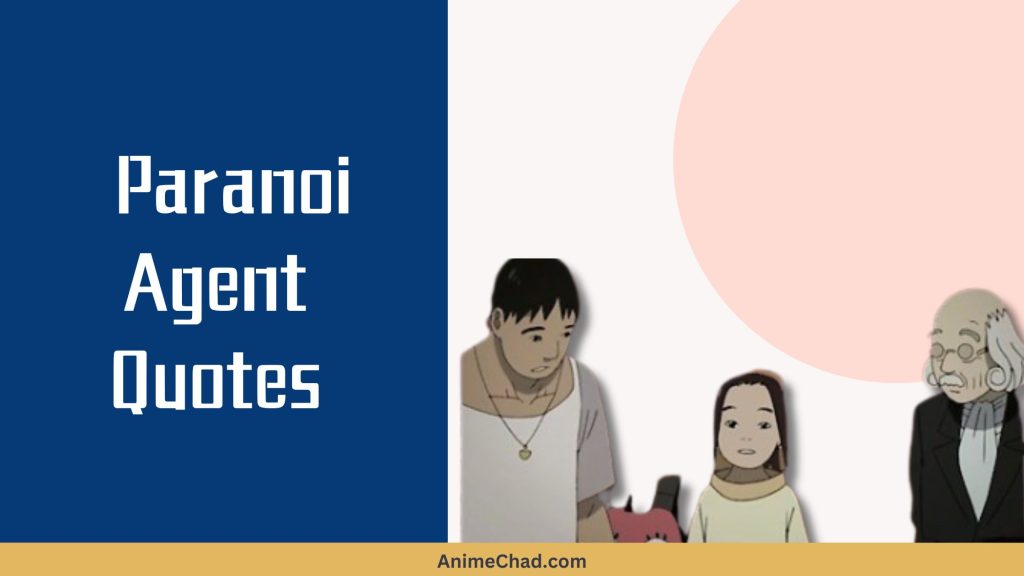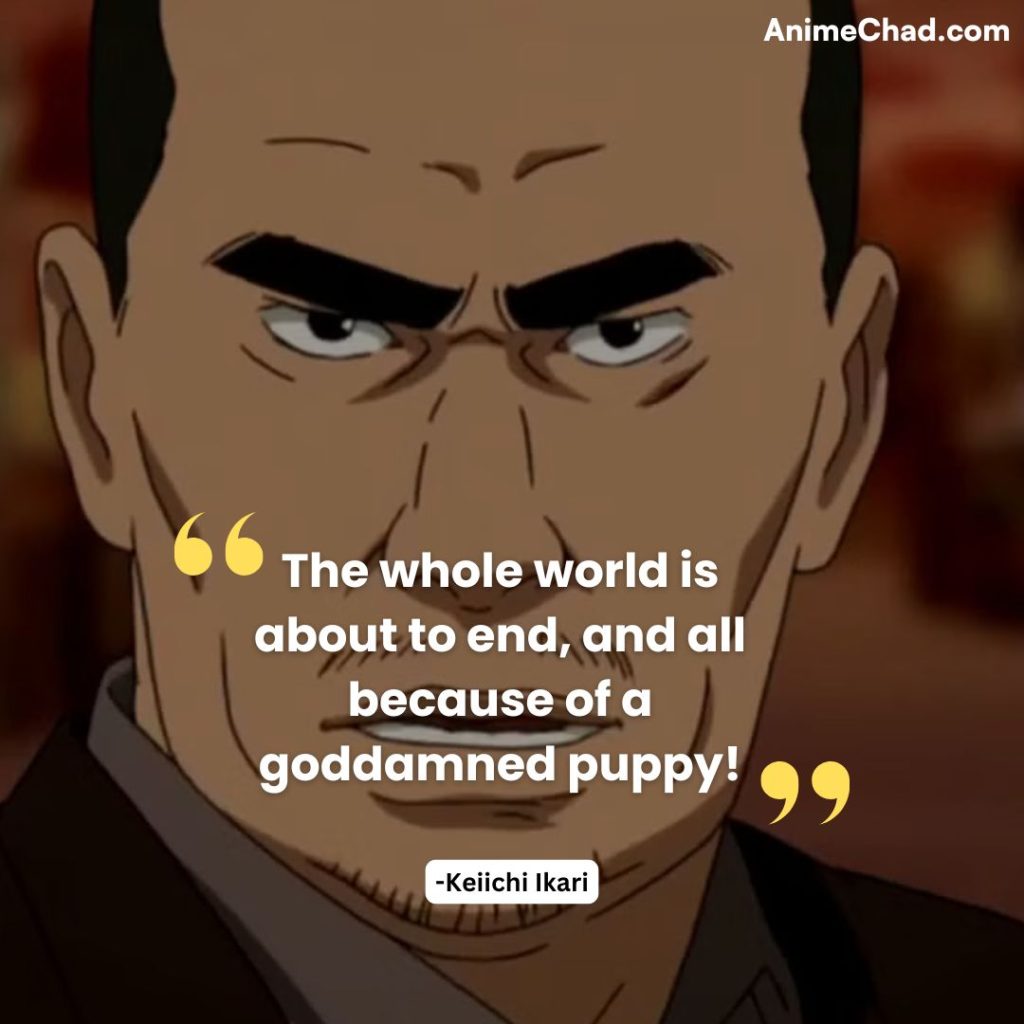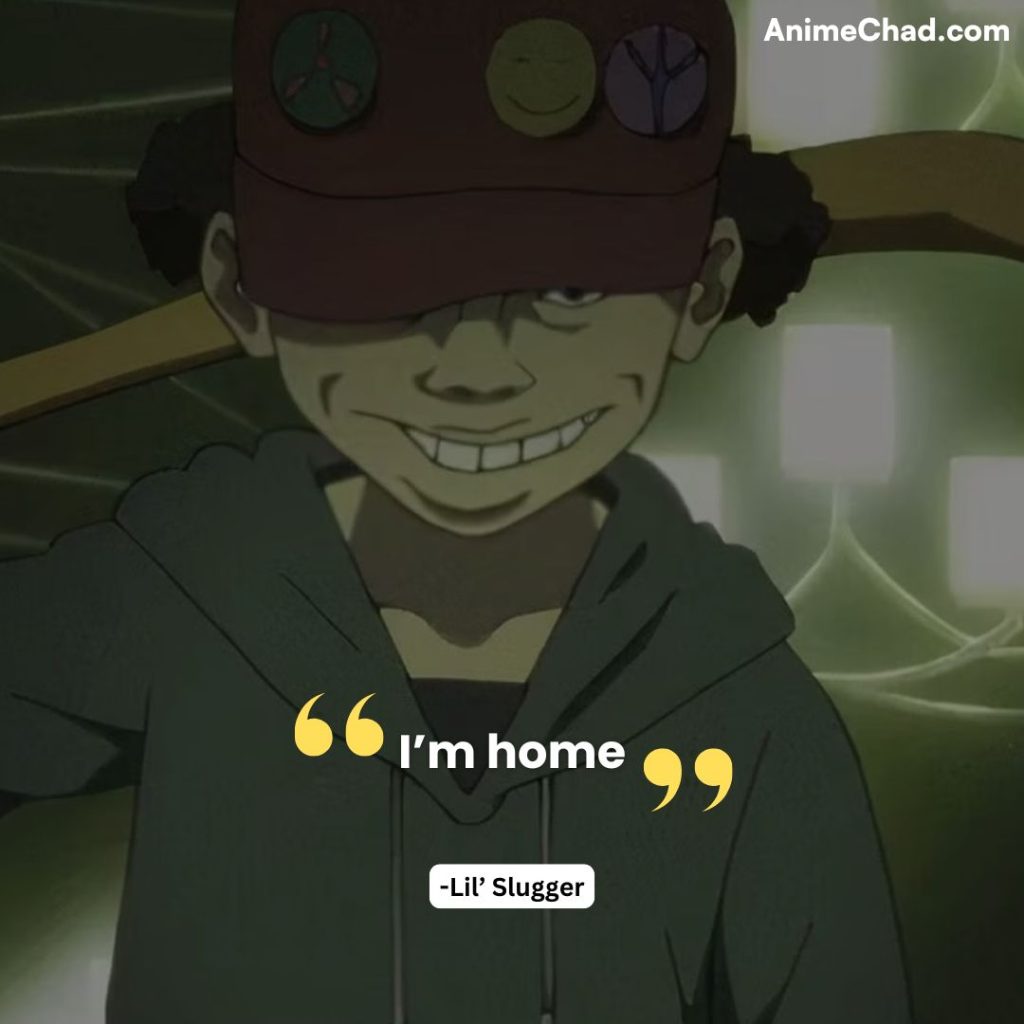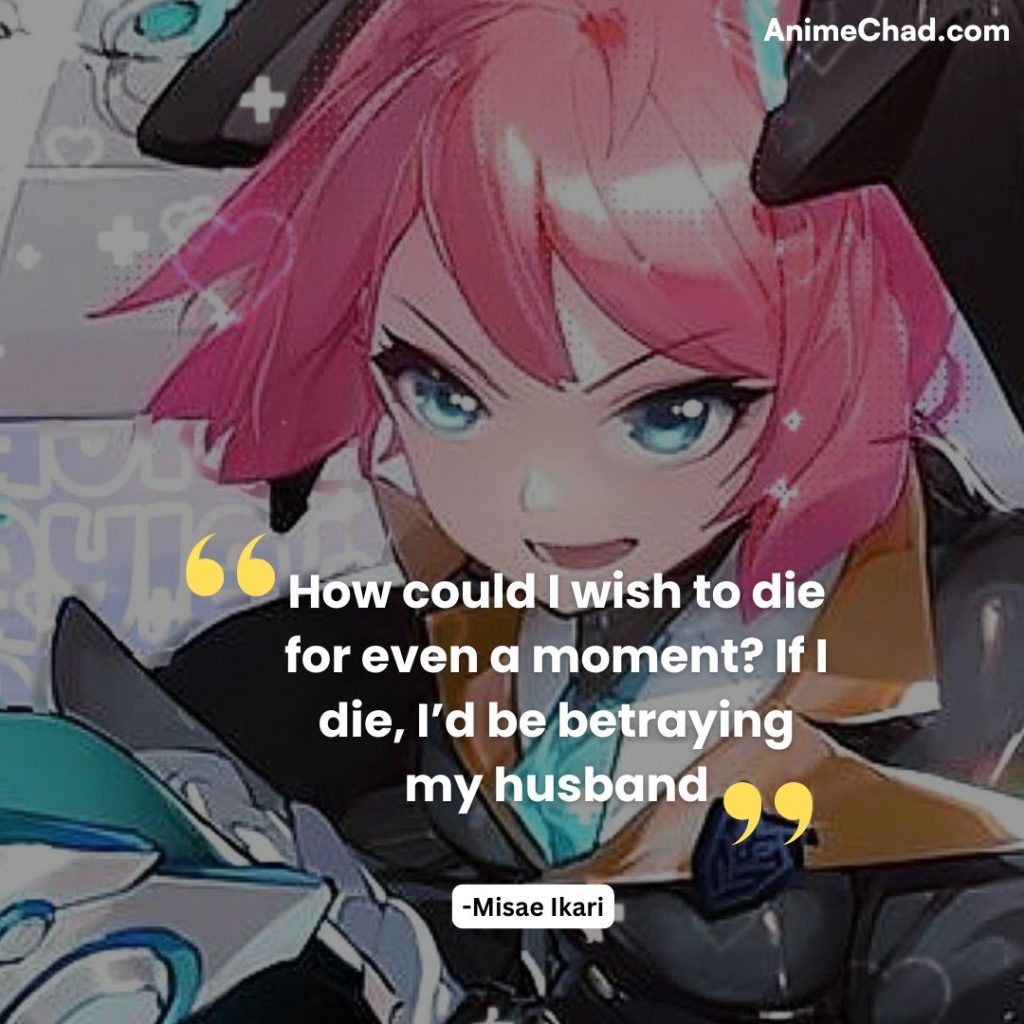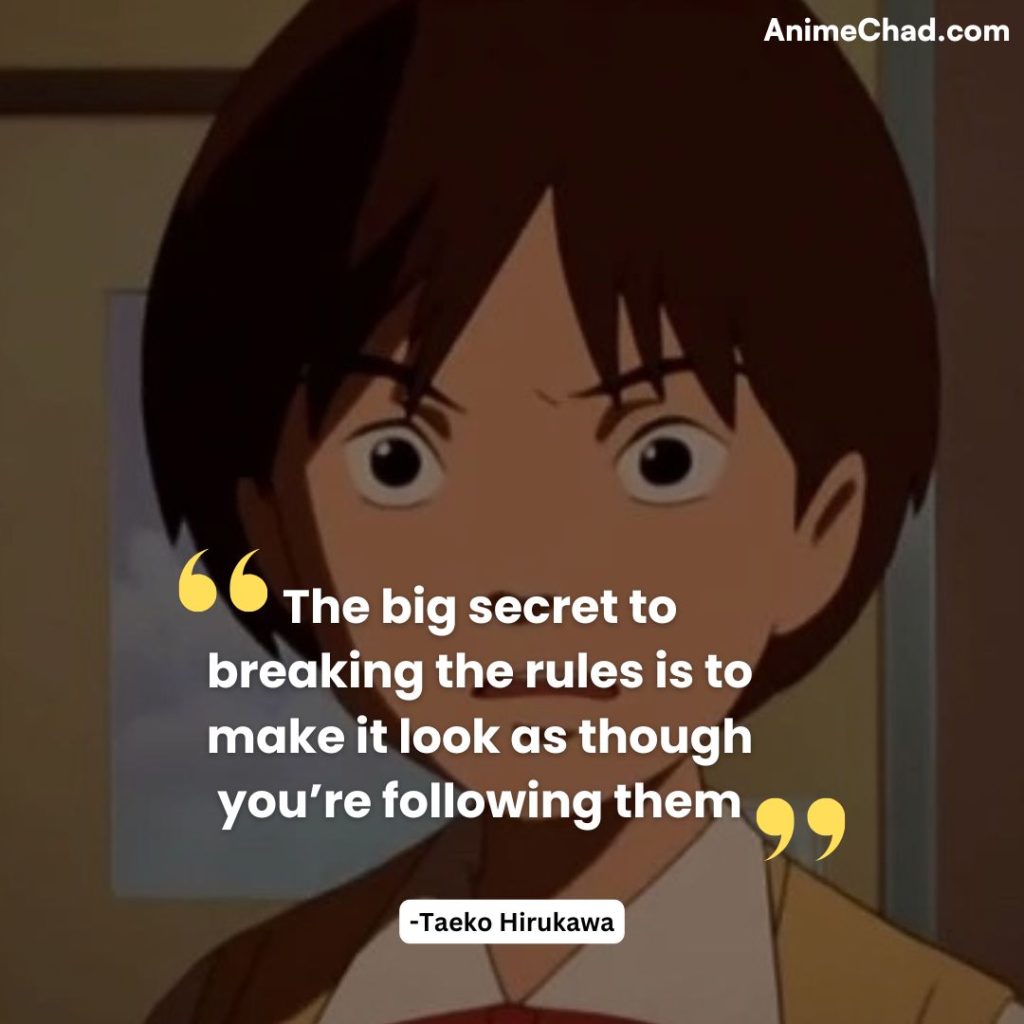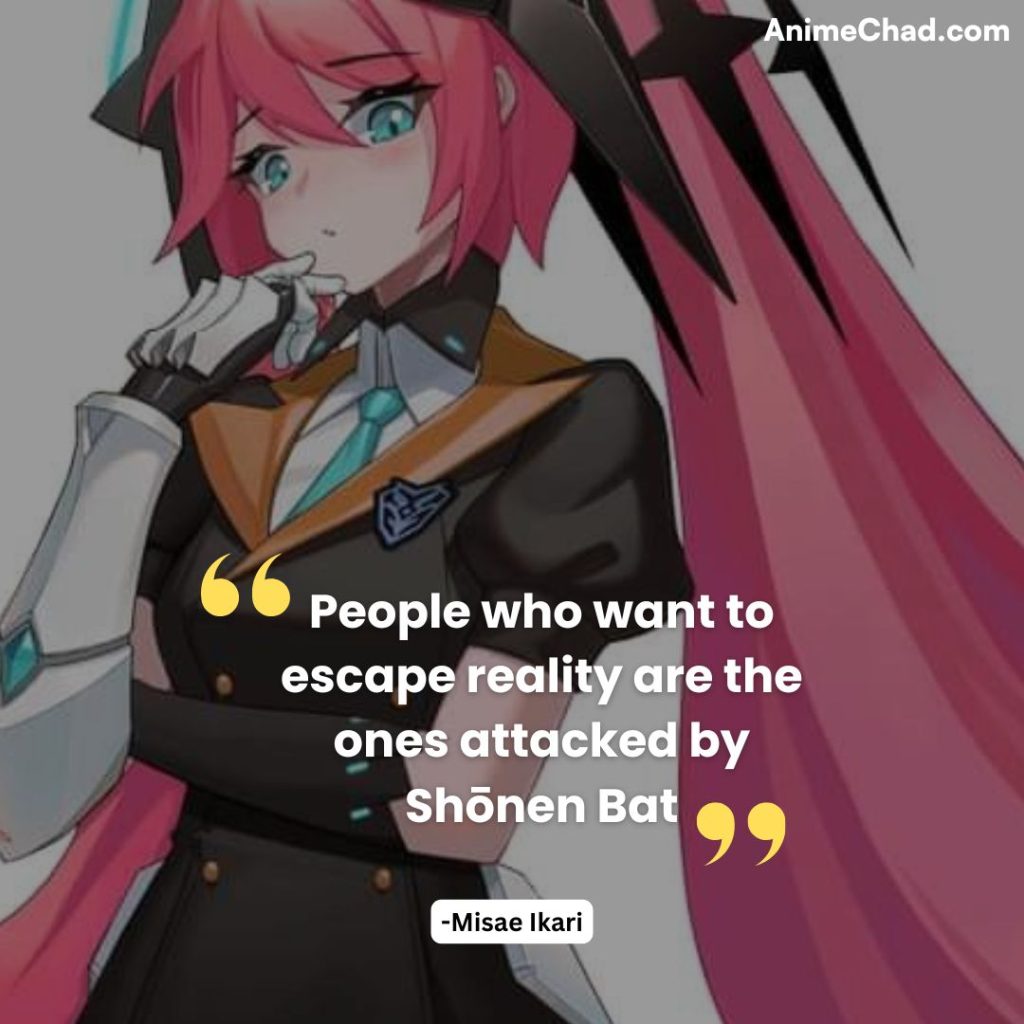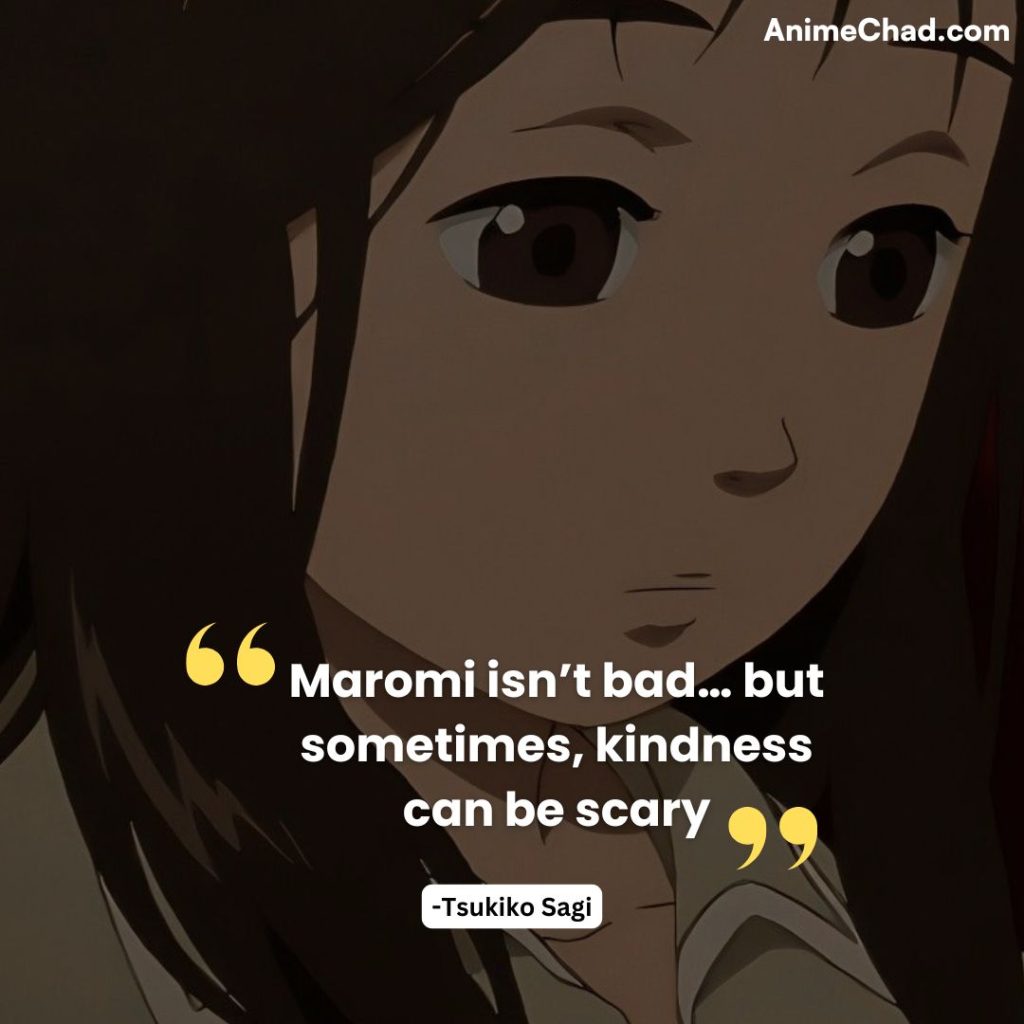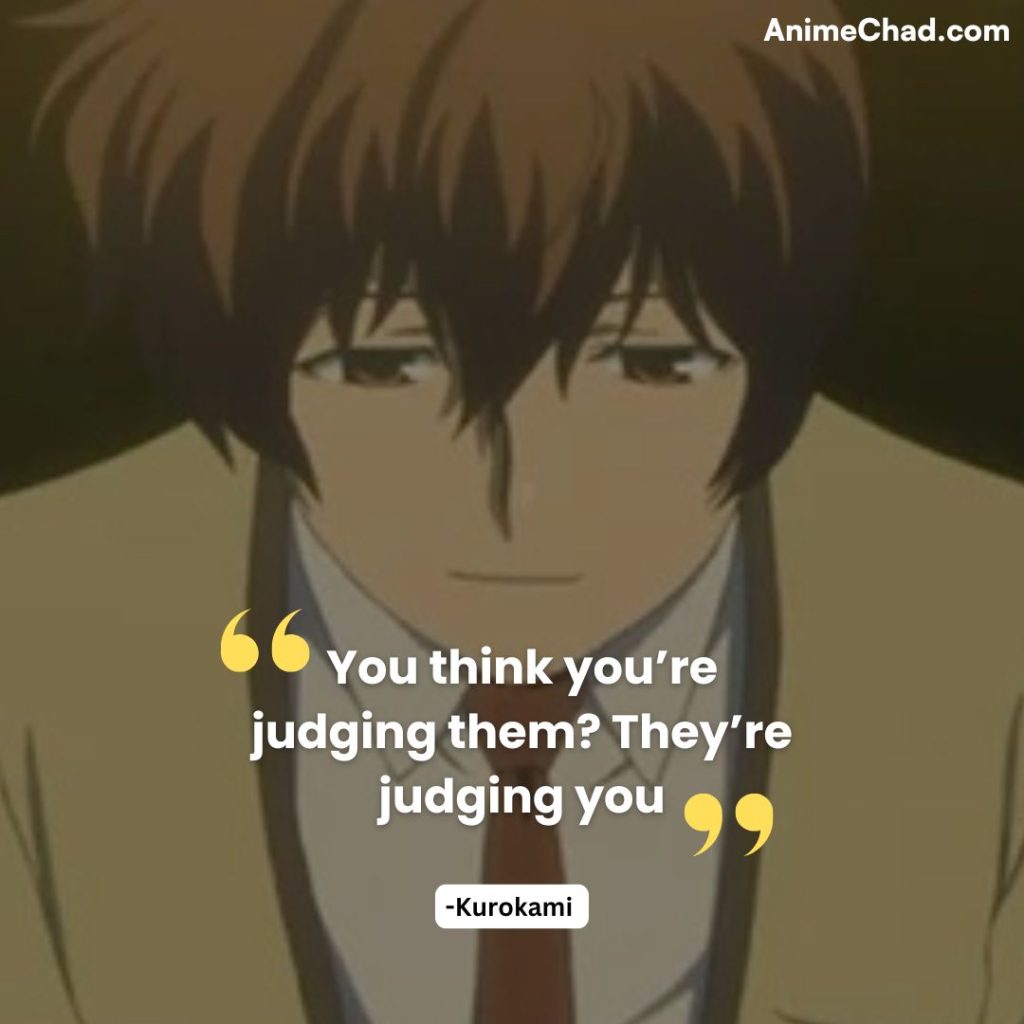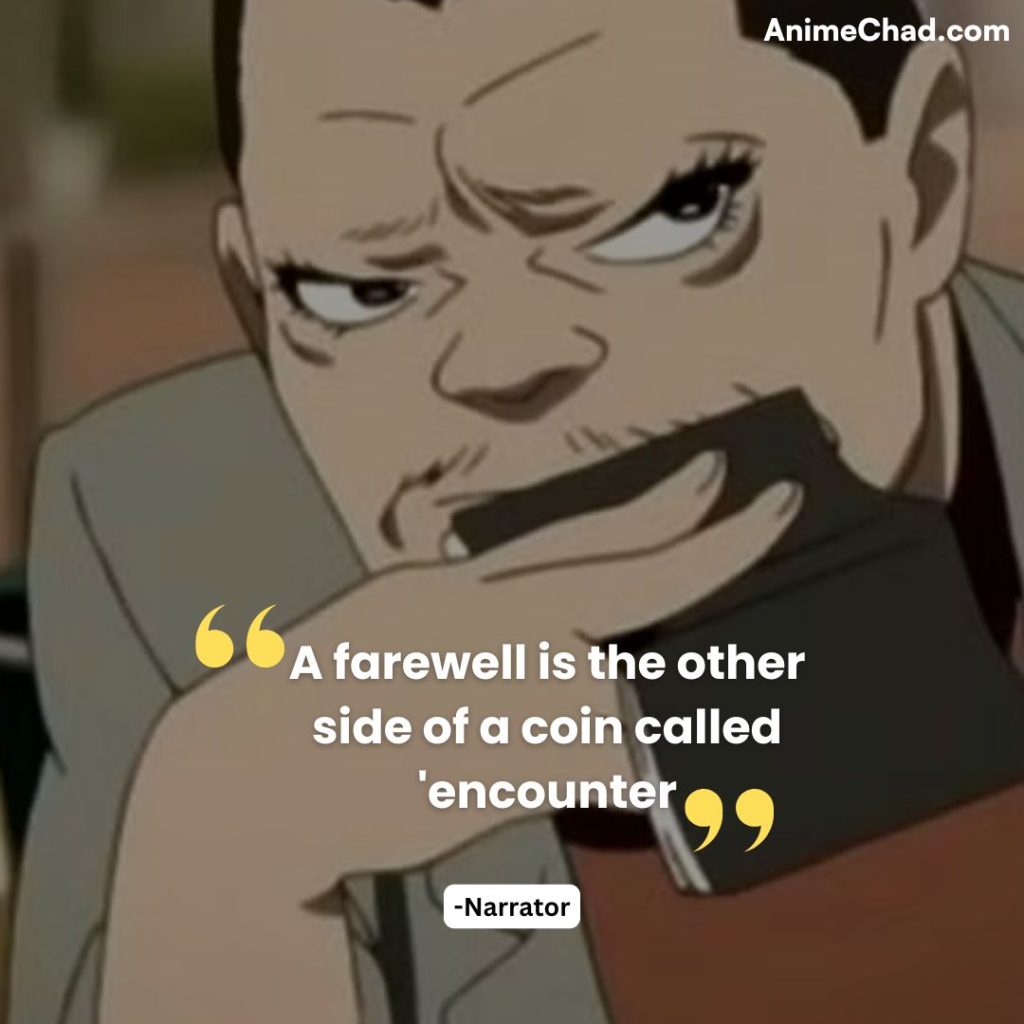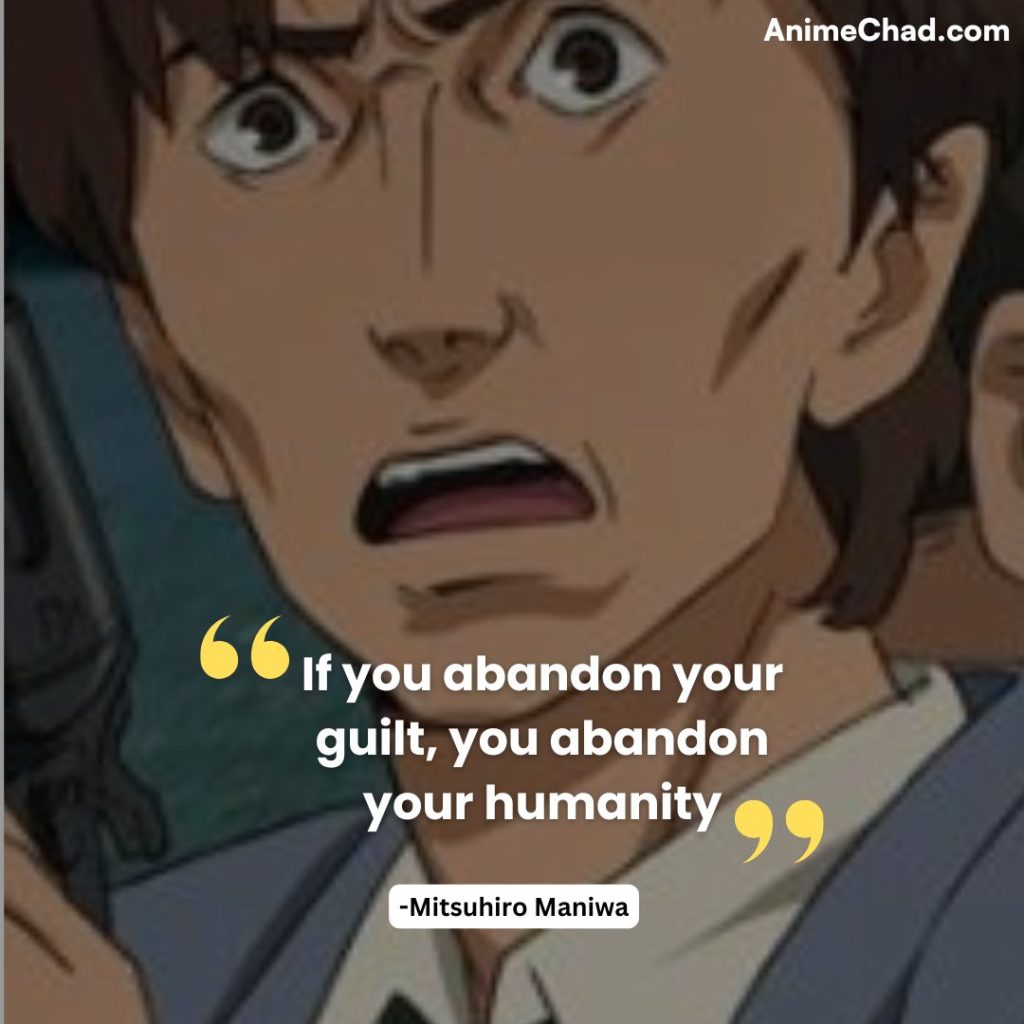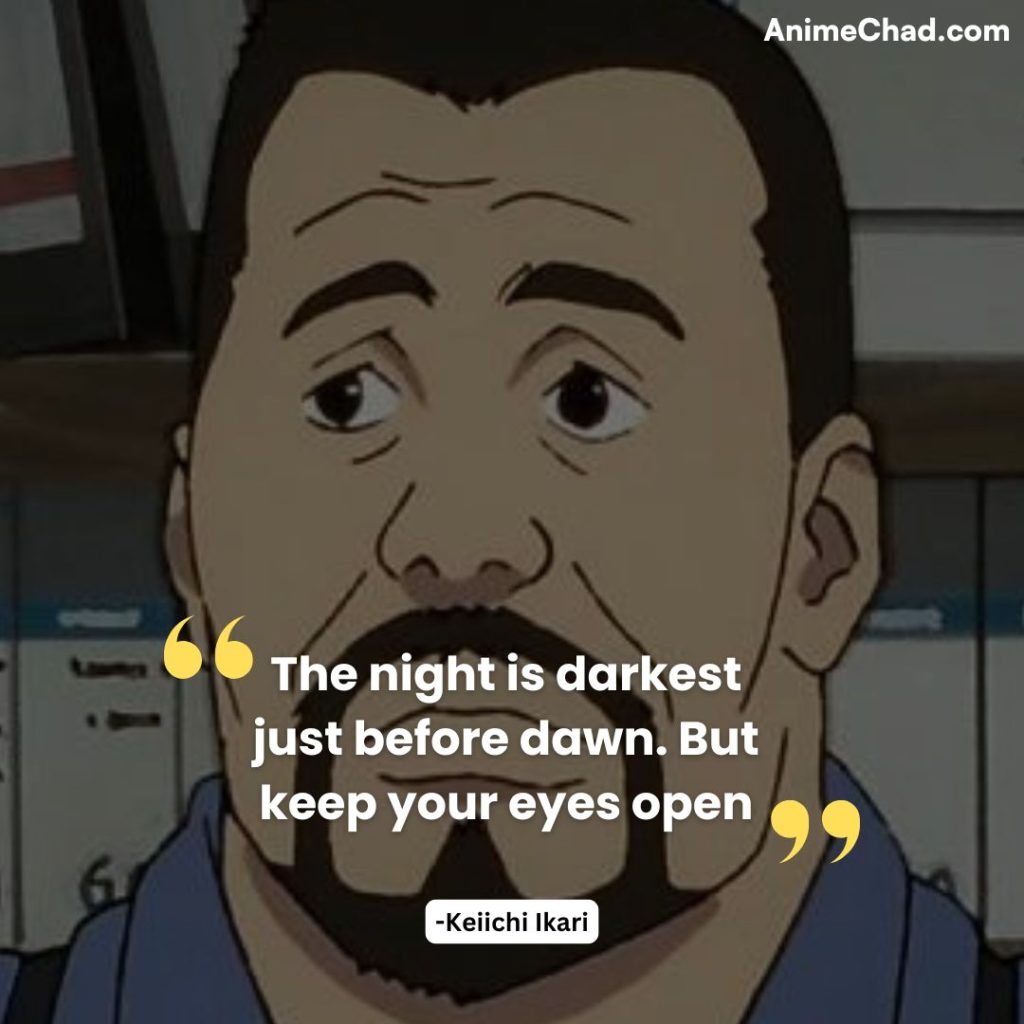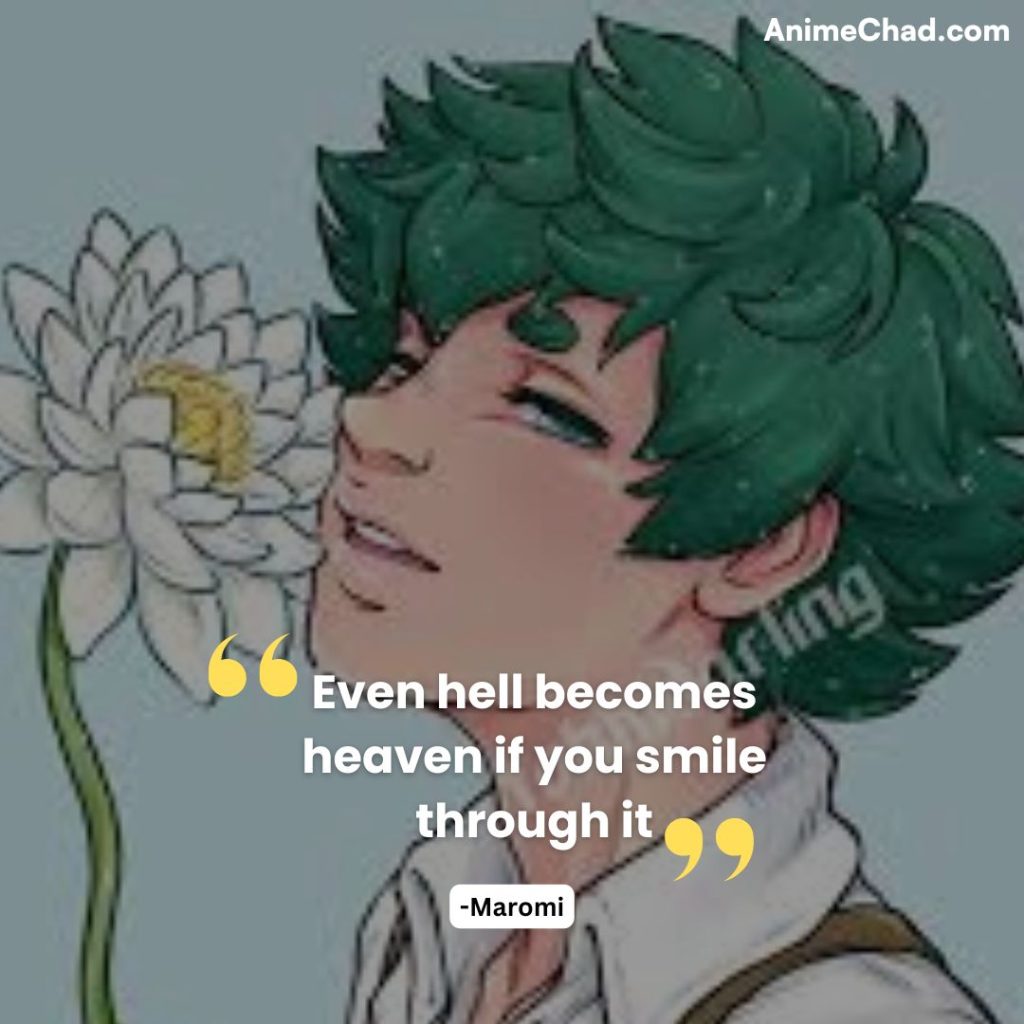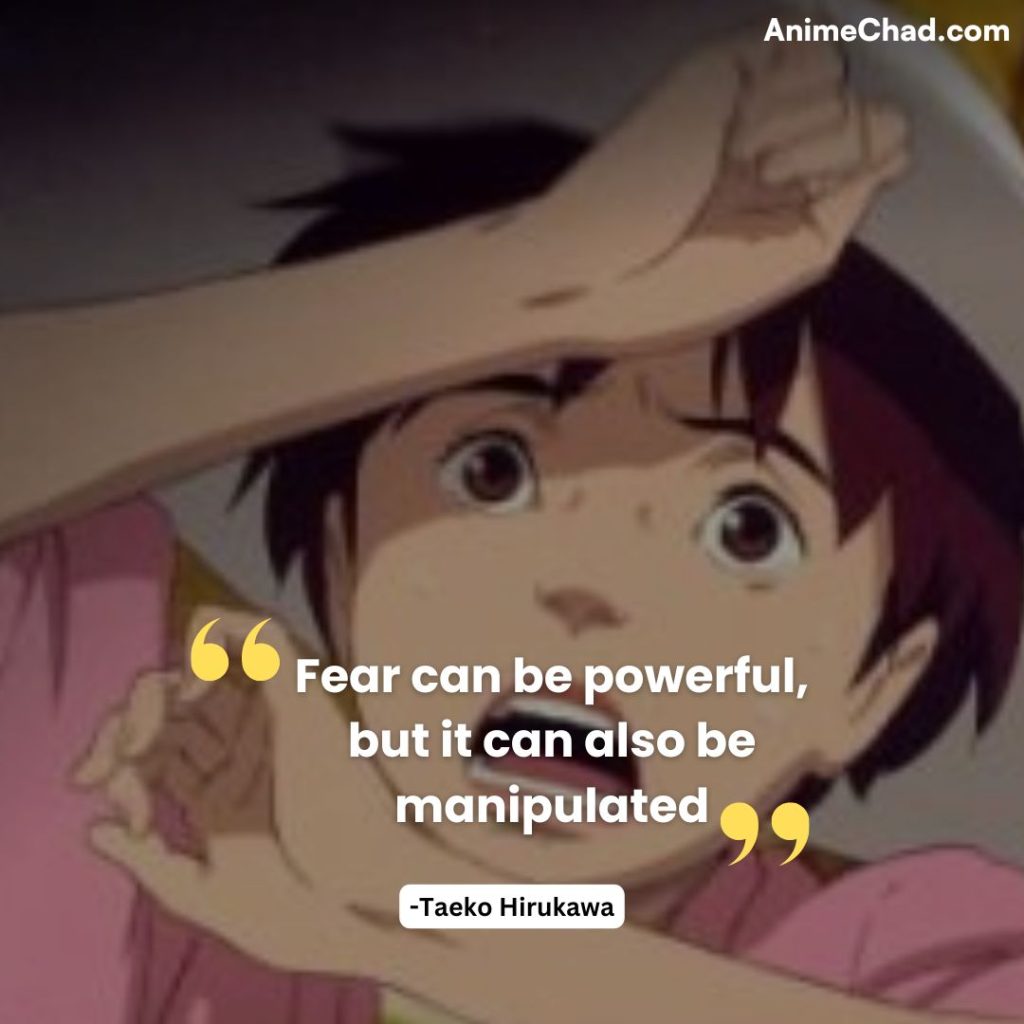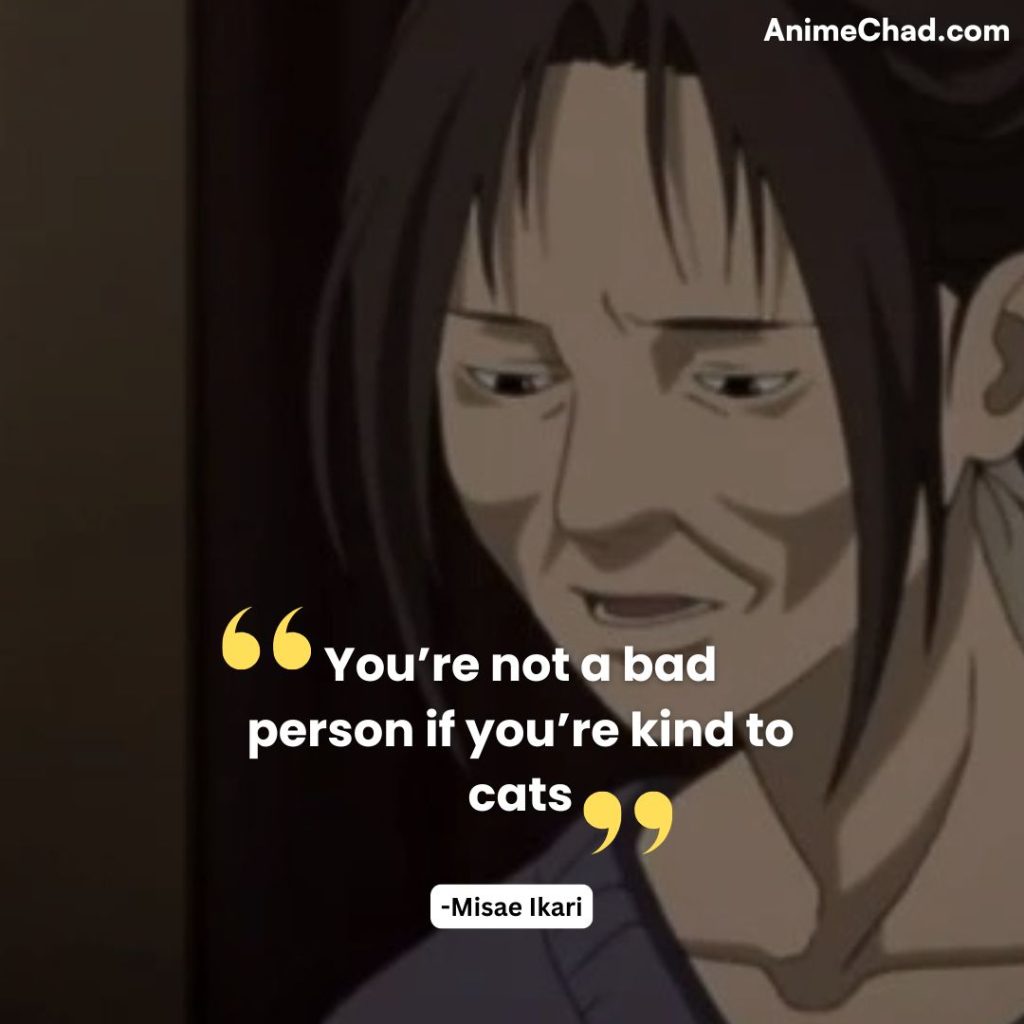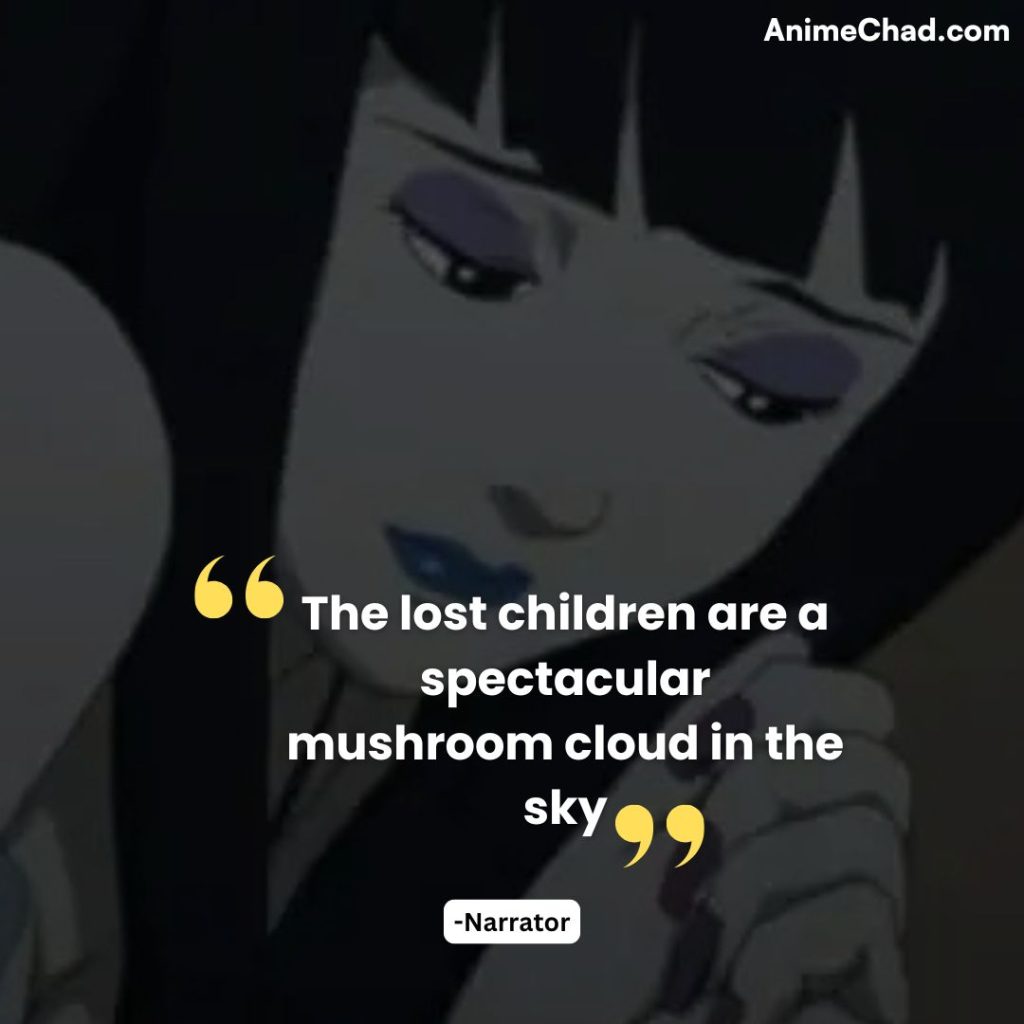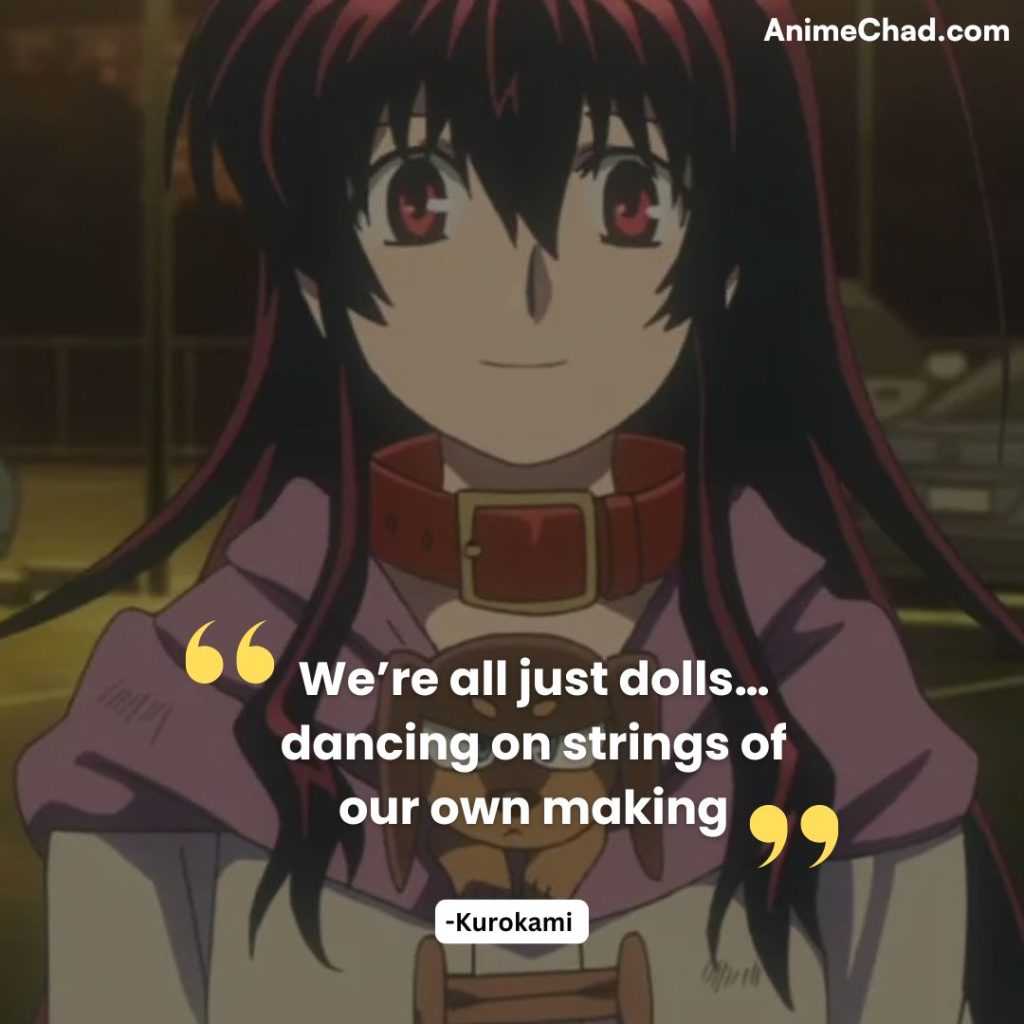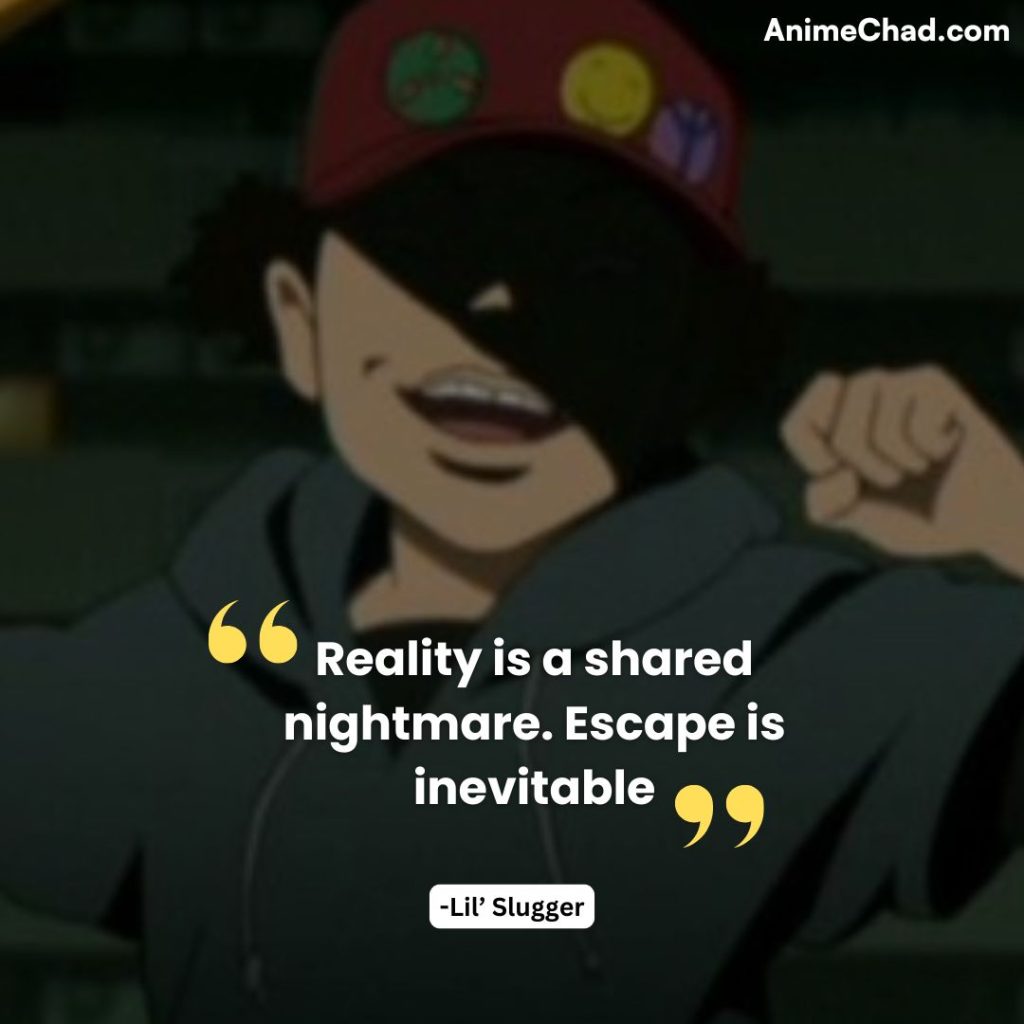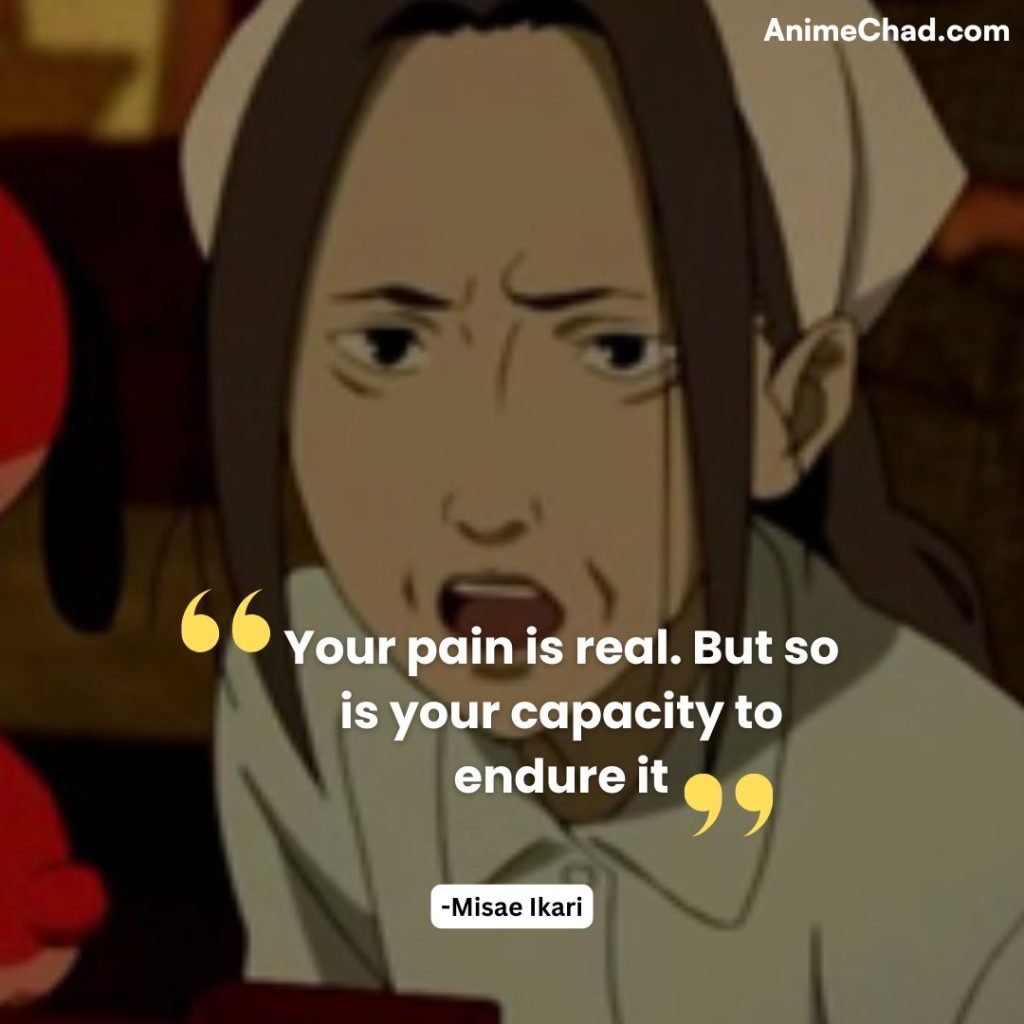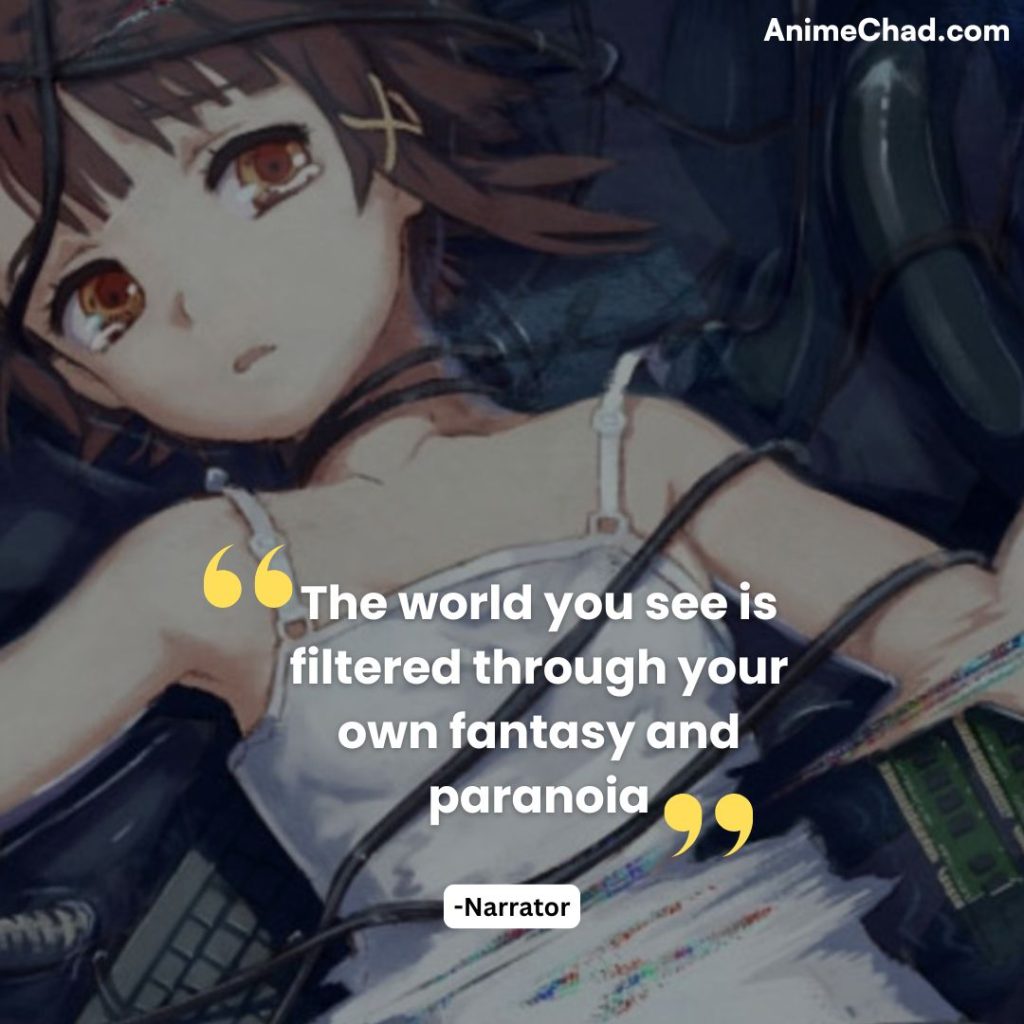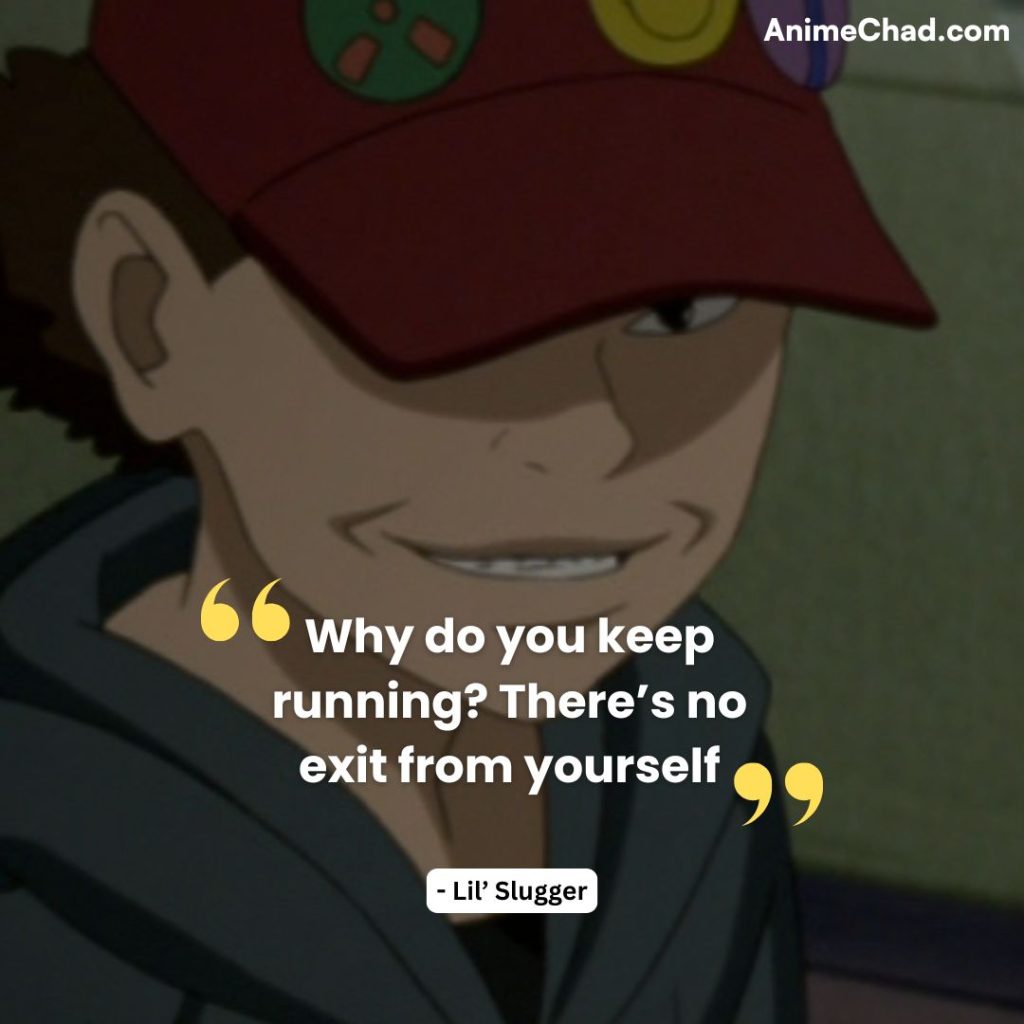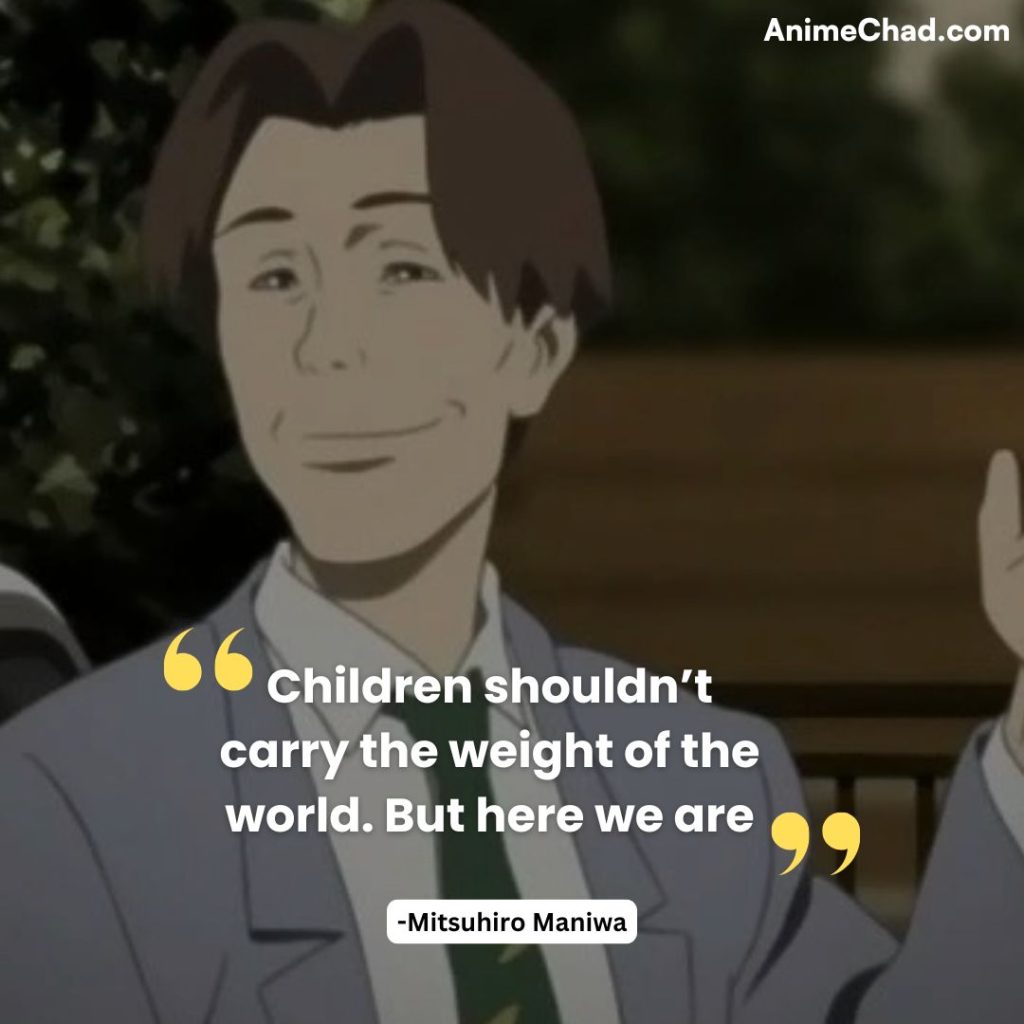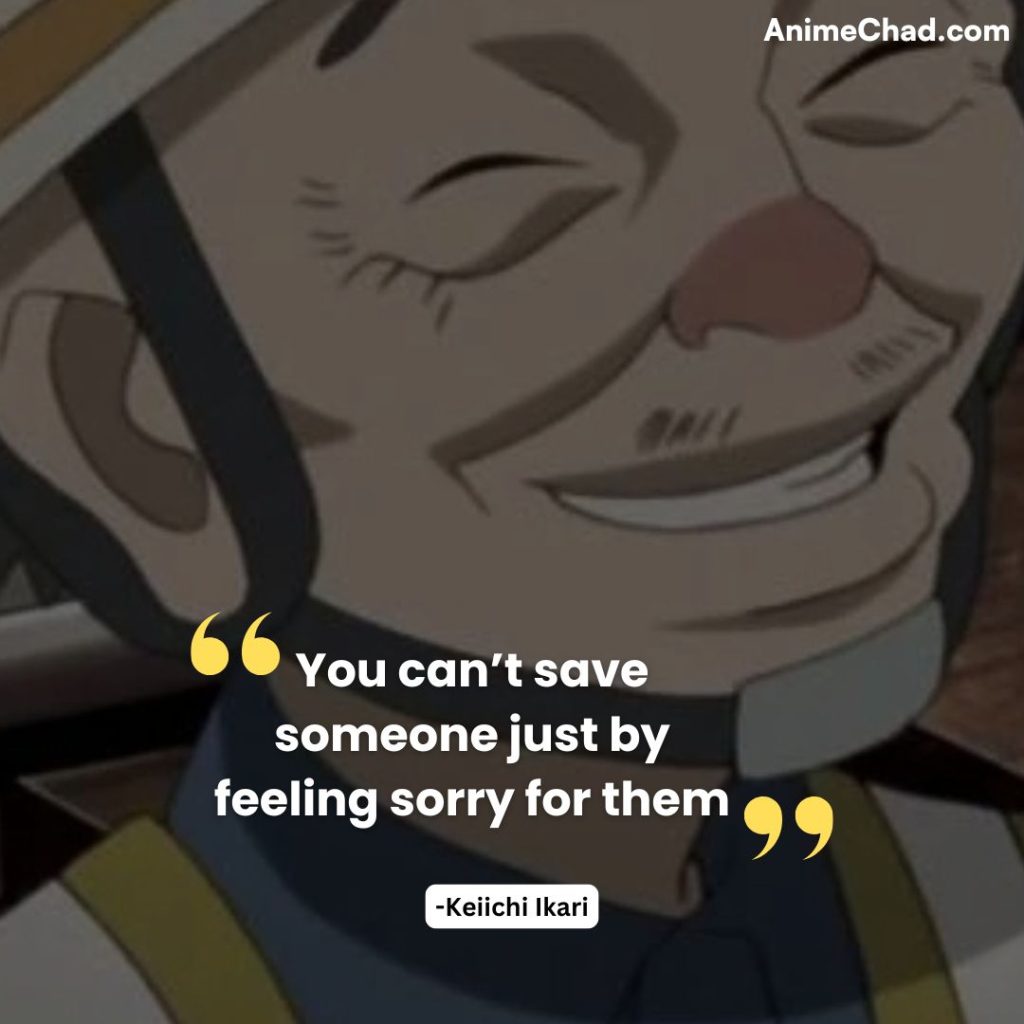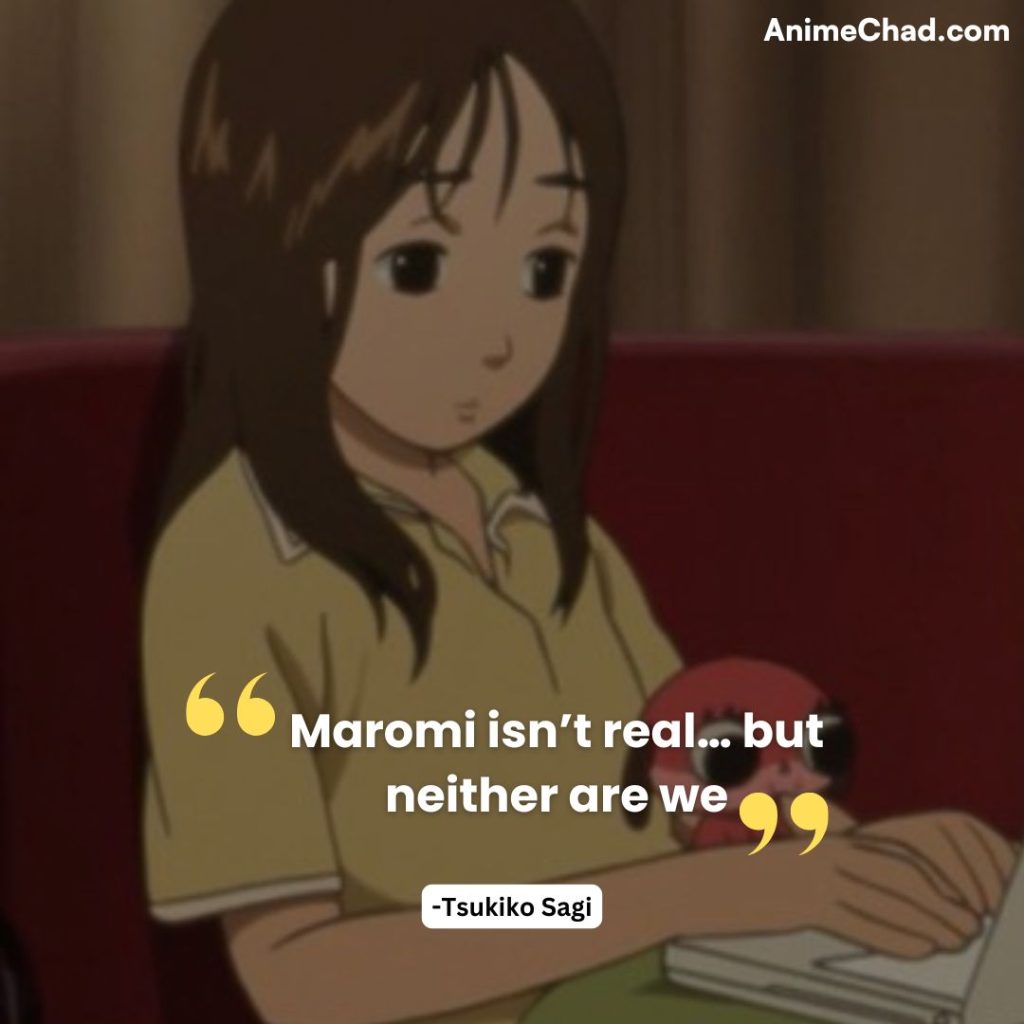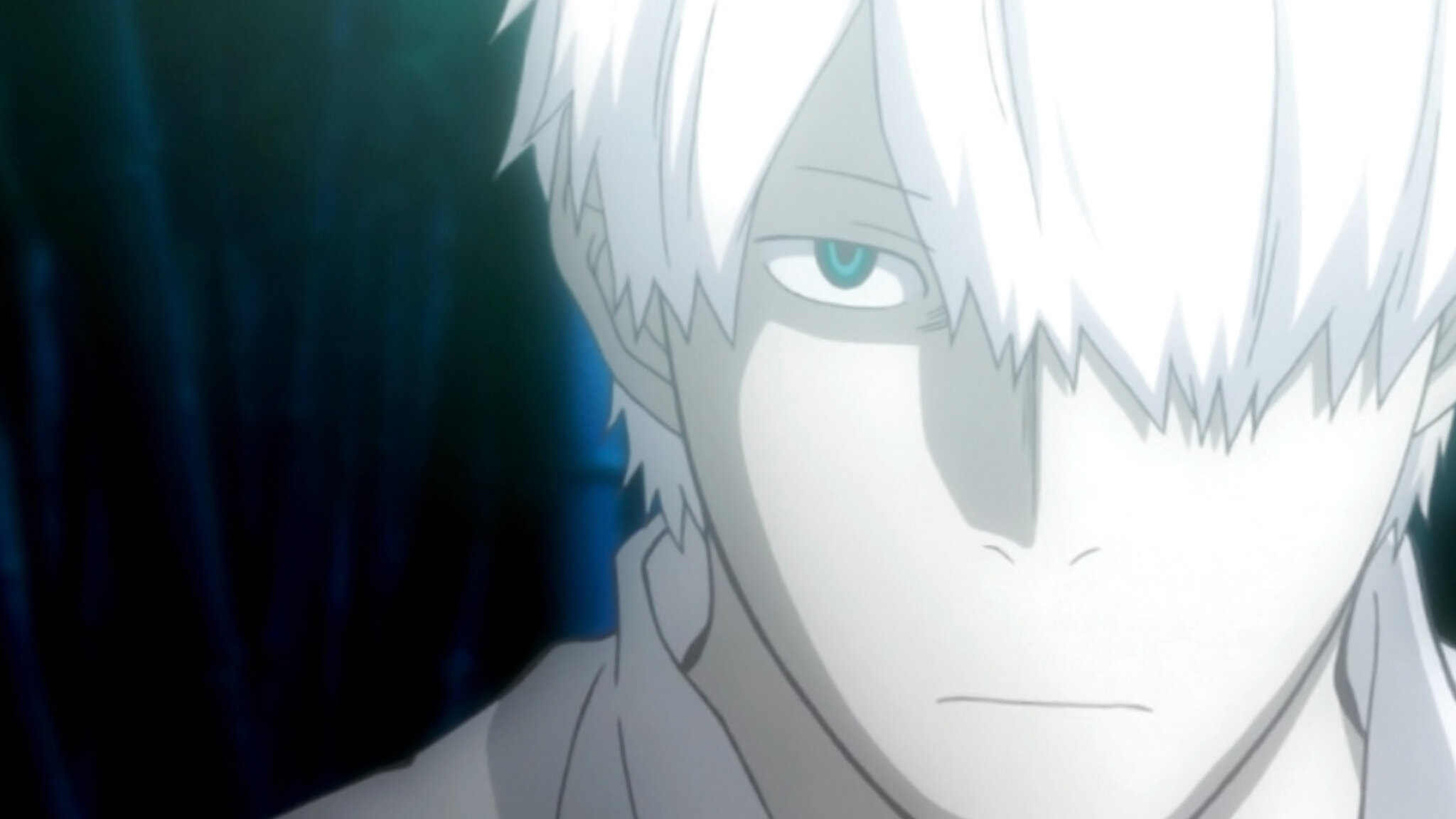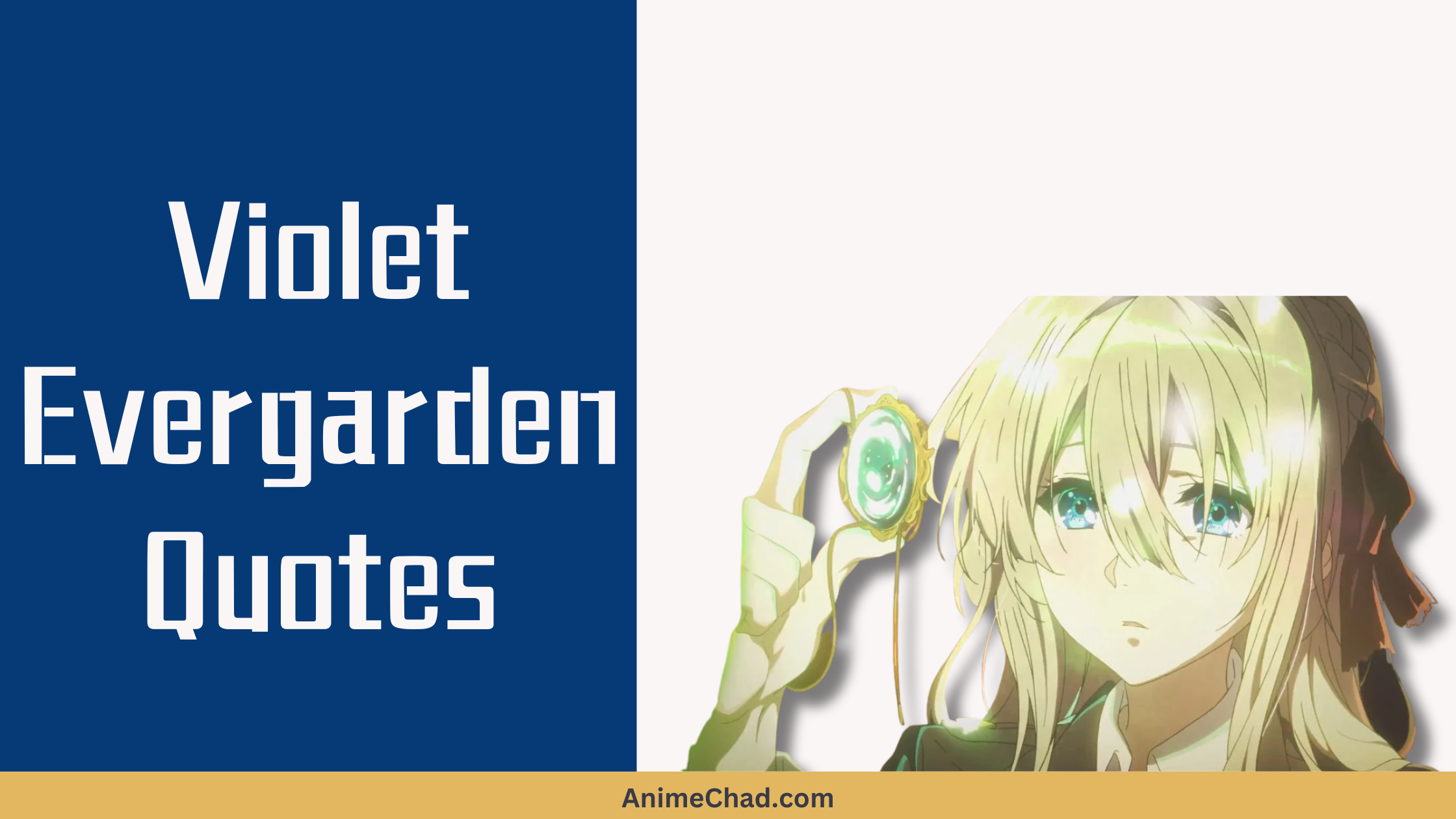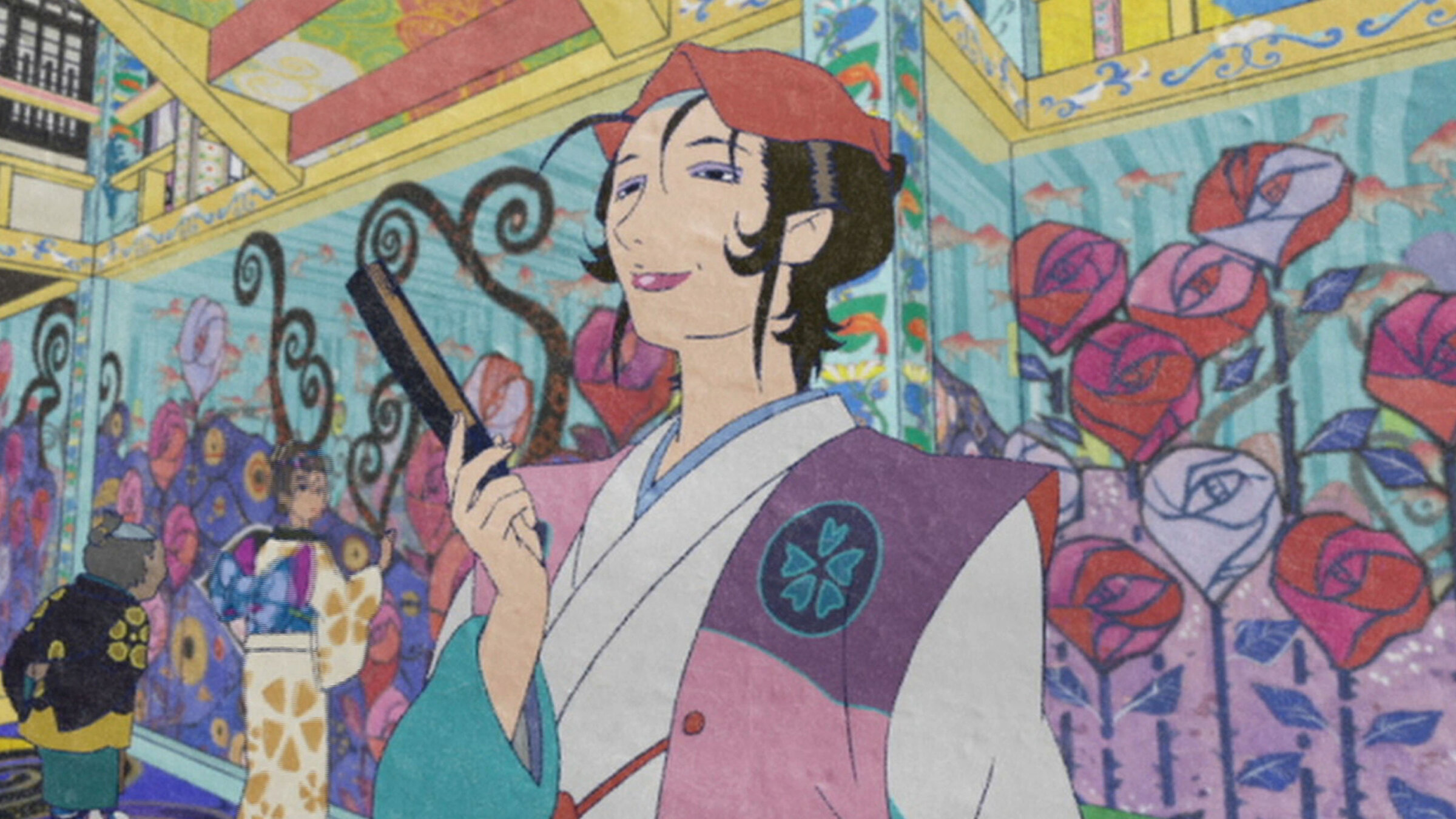Paranoia Agent follows Tsukiko Sagi, a traumatized character designer, and detectives Keiichi Ikari and Mitsuhiro Maniwa as they investigate Lil’ Slugger (Shōnen Bat), a mysterious assailant whose attacks expose societal paranoia, repressed fears, and the fragility of reality.
The series dissects themes of escapism, collective anxiety, and the corrosive effects of societal pressure.
This list curates 25 quotes that encapsulate its psychological depth and haunting social commentary.
If I should die, I’d want to die of poison
Episode 1 (Enter Lil’ Slugger)
Speaker: Tsukiko Sagi
Context: Tsukiko’s morbid reflection under pressure, foreshadowing her psychological unraveling.
The whole world is about to end, and all because of a goddamned puppy!
Episode 13 (Final Episode)
Speaker: Keiichi Ikari
Context: Ikari’s breakdown linking Maromi’s escapist fantasy to societal collapse.
I’m home
Episode 4 (The Holy Warrior)
Speaker: Lil’ Slugger
Context: Lil’ Slugger’s chilling declaration, symbolizing his entrenchment in collective delusion.
You don’t realize your body is on fire and burning up because of the things you did
Episode 7 (Radar Man)
Speaker: Maniwa’s Delusion
Context: Metaphor for repressed guilt consuming the detectives’ sanity.
How could I wish to die for even a moment? If I die, I’d be betraying my husband
Episode 11 (No Entry)
Speaker: Misae Ikari
Context: Misae’s resilience against Lil’ Slugger, rejecting escapism for love.
The big secret to breaking the rules is to make it look as though you’re following them
Episode 8 (Happy Family Planning)
Speaker: Taeko Hirukawa
Context: A critique of societal hypocrisy and performative conformity.
People who want to escape reality are the ones attacked by Shōnen Bat
Episode 11 (No Entry)
Speaker: Misae Ikari
Context: Misae deduces Lil’ Slugger’s purpose as a manifestation of despair.
Maromi isn’t bad… but sometimes, kindness can be scary
Episode 2 (The Golden Shoes)
Speaker: Tsukiko Sagi
Context: Tsukiko’s unease about her creation’s role in collective denial.
You think you’re judging them? They’re judging you
Episode 6 (The Chasing Man)
Speaker: Kurokami (Old Man)
Context: A meta-critique of societal voyeurism and blame-shifting.
A farewell is the other side of a coin called ‘encounter
Episode 9 (Etc.
Speaker: Narrator
Context: Epitomizes the series’ cyclical exploration of loss and connection.
If you abandon your guilt, you abandon your humanity
Episode 5 (The Holy Warrior’s Hymn)
Speaker: Mitsuhiro Maniwa
Context: Maniwa’s warning about moral decay in the face of trauma.
The night is darkest just before dawn. But keep your eyes open
Episode 3 (Double Lips)
Speaker: Keiichi Ikari
Context: Ikari’s strained optimism amid escalating paranoia.
Even hell becomes heaven if you smile through it
Episode 10 (Happy Family Planning)
Speaker: Maromi
Context: Maromi’s toxic positivity, masking societal complacency.
Fear can be powerful, but it can also be manipulated
Episode 7 (Radar Man)
Speaker: Taeko Hirukawa
Context: Hirukawa exploits fear to control others, reflecting systemic corruption.
You’re not a bad person if you’re kind to cats
Episode 12 (The Final Episode)
Speaker: Misae Ikari
Context: Misae’s humane wisdom contrasts the show’s moral ambiguity.
The lost children are a spectacular mushroom cloud in the sky
Opening Theme Lyrics
Speaker: Narrator
Context: Lyrics symbolizing societal collapse and generational disillusionment.
We’re all just dolls… dancing on strings of our own making
Episode 6 (The Chasing Man)
Speaker: Kurokami (Old Man)
Context: Critique of self-imposed societal roles and delusions.
Reality is a shared nightmare. Escape is inevitable
Episode 13 (Final Episode)
Speaker: Lil’ Slugger
Context: Lil’ Slugger’s nihilistic justification for collective breakdown.
Your pain is real. But so is your capacity to endure it
Episode 11 (No Entry)
Speaker: Misae Ikari
Context: Misae’s defiance against Lil’ Slugger’s psychological warfare.
The world you see is filtered through your own fantasy and paranoia
Episode 8 (Happy Family Planning)
Speaker: Narrator
Context: Central thesis on subjective reality and perception.
Why do you keep running? There’s no exit from yourself
Episode 4 (The Holy Warrior)
Speaker: Lil’ Slugger
Context: Lil’ Slugger taunts Tsukiko, confronting her repressed guilt.
Children shouldn’t carry the weight of the world. But here we are
Episode 10 (Mellow Maromi)
Speaker: Mitsuhiro Maniwa
Context: Maniwa’s lament on societal failure to protect innocence.
You can’t save someone just by feeling sorry for them
Episode 9 (Etc.
Speaker: Keiichi Ikari
Context: Ikari’s realization about the limits of passive empathy.
The more you cling to lies, the tighter they strangle you
Episode 2 (The Golden Shoes)
Speaker: Yuichi Taira
Context: Yuichi’s self-destructive obsession with societal validation.
Maromi isn’t real… but neither are we
Episode 13 (Final Episode)
Speaker: Tsukiko Sagi
Context: Tsukiko’s chilling acceptance of collective delusion as reality.

